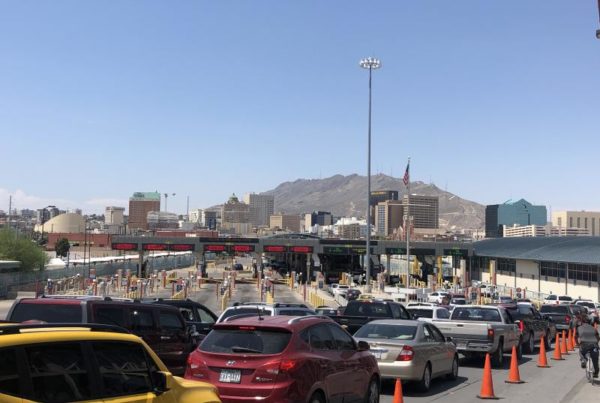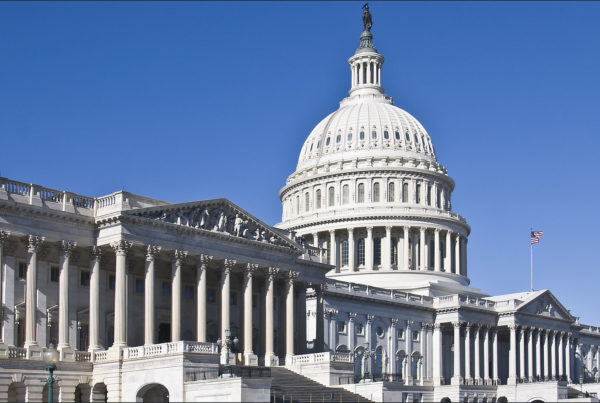State and tribal lands in the U.S. could soon receive $1.4 billion annually to support the conservation of wildlife, with Texas’s share being more than $50 million.
U.S. Rep. from Nebraska Jeff Fortenberry, and over 50 congressional sponsors, introduced House Resolution 3742 in July. The Recovering America’s Wildlife Act would direct federal funds toward the conservation and monitoring of at-risk species nationwide.
Janice Bezanson is executive director of the Texas Conservation Alliance. She says the resolution prioritizes “species of greatest conservation need” – a criteria states have already set through their Wildlife Action Plans.
“Although they include endangered species, it’s much, much broader than that,” Bezanson says. “It’s species that are declining, or that we have some reason to worry about because of diseases or habitat loss or some other threat.”
In Texas, horned toads, monarch butterflies and sea turtles would all benefit from the resolution, Bezanson says, but preservation efforts would be complicated by the large amount of privately owned land in Texas.
“A lot of landowners really want to do well by wildlife, but they have a living to make,” Bezanson says. “Recovering America’s Wildlife Act would … allow landowners to apply for some of this money if they are dealing with a species of greatest conservation need.”
Bezanson says in addition to landowners, conservation groups, researchers and universities would have the option of applying for funds on two conditions: if they offer to do things that help protect these species, and if they match 25% of the amount requested.
And while the resolution still needs to pass Congress, Bezanson says she is optimistic because it has bipartisan and business support.
“Because [the resolution] focuses on keeping species off the endangered species list, oil and gas companies support it … business developers benefit from it,” Bezanson says. “There are certain regulatory hurdles that occur when something is formally listed as endangered, so this is putting money into preventive maintenance.”
Written by Hayden Baggett.

















